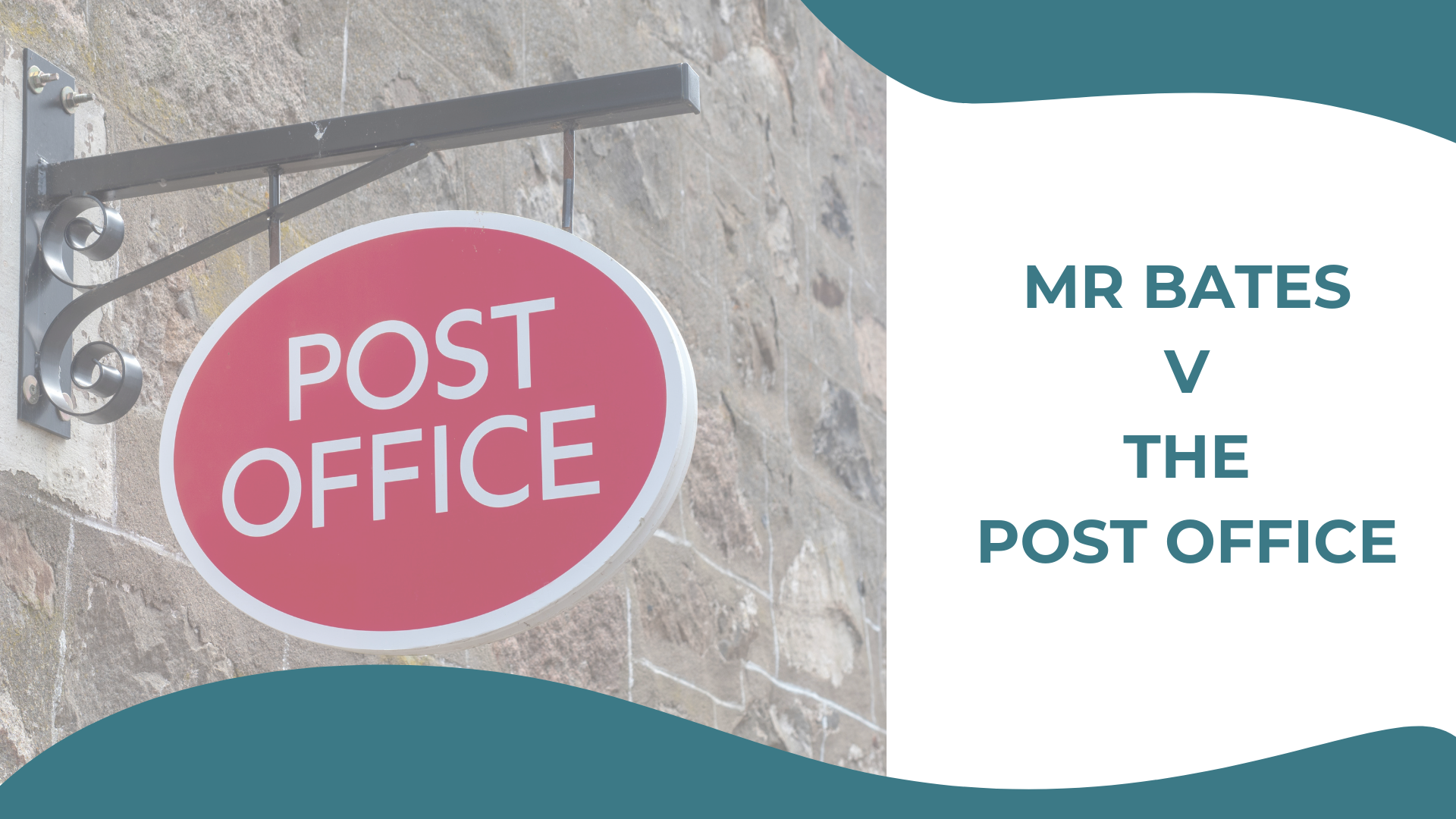The ITV drama Mr Bates v The Post Office has been a powerful catalyst in drawing attention to a gargantuan miscarriage of justice. It was heart-wrenching stuff, hitting hard because real people are involved telling real stories. It certainly left me thinking why on earth wasn’t this injustice picked up and resolved way, way earlier?
I received an email from the Institute of Directors shortly after the broadcast of the drama with a poll asking for members’ views on who was to blame. The truth is we really don’t know. What we do know is that underneath all of this are clear and systemic failings in leadership, accountability and governance.
At Mightywaters, we do a lot of work with Boards and run independent Board evaluations. Good Boards build these evaluations into their developmental cycle whether required to do so or not. We don’t know enough about the role different Post Office Boards played throughout the years this injustice took root. What is startling is that this matter spanned multiple Boards, Chairs and CEOs without any real change in the Post Office’s position.
Although we can’t speak confidently to the specifics, this long and dreadful saga raises key questions that all Boards should ask.
Here are our top 5 questions that all Boards should ask:
1. Does the Board have a clear line of sight into the operations of the organisation so that it can properly perform its assurance/oversight role?
We would expect Boards to have a line of sight into all major investments and the size and scale of the Horizon system would have been a strategic, transformational investment at the time.
2. What kind of risk register exists and how are risks tracked and mitigated?
We would expect Boards to have a risk register that’s regularly reviewed and updated at Board and Audit and Risk Committee. We would expect a large IT system like Horizon to appear as a risk. We would certainly expect to see reputational risks of litigation and appearances before a Parliamentary Select Committee as matters for Board attention.
3. Does the Board culture encourage transparency, honesty and psychological safety so that issues can be brought to Board even when things have gone wrong?
The best Boards develop healthy cultures and work well with the Executive team. Culture is often a key factor in Board effectiveness. Things don’t always go to plan. How Boards and Senior Teams respond in these situations is a good litmus test on Board culture.
4. What’s the relationship like between Chair and CEO?
A good relationship is both supportive and challenging. Research by Henley Business School points to Chair/CEO relationships as one of the key factors in Board effectiveness. When Chairs and CEOs meet, what’s on their agenda?
5. What role do Independent Directors play?
On paper the Post Office Boards were packed with experienced people from private and public sectors. An excellent letter from Laura Spira, Professor of Governance at Oxford Brookes University published in the Financial Times (January 18th 2024) points to the limits of corporate governance within the public sector and points to a struggle for independent directors to perform their oversight role. Regardless, it’s important to set expectations of all Board members, especially independent Board members and the best Boards regularly review Board member performance against those expectations.
We work with a wide range of private and public sector Boards. This tragedy at The Post Office underlines very clearly why effective Boards are important and why Boards need to open themselves to external scrutiny.
If you would like to discuss this article or Board performance, do get in touch: contact@mightywaters.co.uk
Very best wishes,
Mark Withers
Founder and Director, Mightywaters




